To include or not to include, that is the question. Until the 1970s, the expectation was that migrants would fit in. Since then, the expectation has been that they need not. What started as avowedly assimilationist post-WWII shifted to integration in the 1970s. Is the next step segregation?
The Albanese government received the recent review of Australia’s multiculturalism with all the warmth of an Israeli delegation to Gaza. The report ‘Towards Fairness, a Multicultural Australia for All’ fits in with the current fashion of identity politics. It noted that ‘identity is often complex, drawing on a person’s ethnicity, socioeconomic status (class), religion, gender, disability and sexual orientation.’ True, but why is it a matter for the government?
The report scoffed at those who criticised identity politics as divisive and said that group identification obscured a person’s individual characteristics and qualities. Indeed, it does, and as such, is the enemy of liberalism. Liberal democracy is the best chance a person of any background has to make a good life. It has its limits. A nation of tribes will break down, and democracy may not be the glue to hold it together.
The report did not like that the integration policy recognised the importance of cultural retention but ‘limited its expression’. Migrants were supposed to ‘practise their culture within their private sphere while displaying conformity publicly’. This formulation sounds perfectly sensible to me. Different practices may apply in the private sphere as long as they do not offend the law.
When multiculturalism hits identity politics, it turns sour. The report complained that migrant LGBTIQ+ people inhabit two worlds. They observe that some migrant communities are conservative. The dominant society, let’s call it Anglo-Celtic Judeo-Christian, has come a long way. Should it not only welcome a migrant LGBTIQ+ person into the fold but also make that person comfortable in their migrant community? That is what the report expected. How about the community come on the same journey as the dominant culture or let go of its people who want recognition as LGBTIQ+? The solution from the report is that LGBTIQ+ organisations need independent funding. Independent of whom? That is the taxpayers’ money you are talking about.
The word salads that inhabit this field have been remixed from Non-English-Speaking Backgrounds, which understood the dominance of English (at least as a language), to Culturally and Racially Marginalised. Marginalisation, when caused by a lack of English, can be remedied. If it is caused by ill-fitting attitudes, these can be ignored right up to the point at which they offend the law. For example, forced marriages are illegal in this country, but not in some cultures in this country.
The point of a multicultural policy is to give power to ethnic leaders who would otherwise have to work their way into the system, which, of course, is happening. Witness the makeup of the Parliament. Democracy does not need a nudge in the direction of tribal and insular politics.
The most important recommendations demanded embedding differences and hobbling integration. The report recommended ‘an immediate review’ of the Australian citizenship test, including providing the test in languages other than English. That is certain to marginalise racial minorities.
They recommended establishing a Multicultural Affairs Commission and a standalone Department. How would a Commissioner represent myriad races, ethnicities, languages and religions? Champion some but not others? Argue acceptance of unacceptable behaviours because of the sanctity of culture?
The recommendation is that the policy should promote multilingualism, support language education in schools and the community, provide resources for preserving key languages spoken in Australia, and provide language learning opportunities for all. The proof is the kicker – ‘to fully realise the social and economic benefits of such a policy, significant investment and commitment will be required.’
An excellent place to start considering multiculturalism is with the understanding that Australia is not a multicultural society. It is a monolingual, multiethnic, and limited culturally diverse society. There is only one official language, English, and everyone is expected to speak, read, and write English. Australia is multiethnic and, despite the dreams of human rights activists, is not racist. As for culture, there are limits.
Mr Multicultural himself, Will Kymlicka, understood the overwhelming need of the host country to require a change in immigrants for them to fit in. ‘In deciding to uproot themselves, immigrants voluntarily relinquish some of the rights that accompany their original national membership.’ The only question is what, and how much, immigrants have to give up.
Gary Johns is chair of Close the Gap Research










